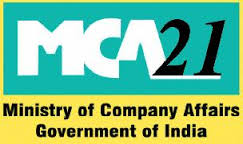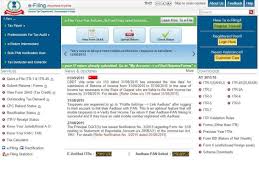If you have received an income-tax scrutiny notice, there’s no need to be unduly fearful as the government has sought to protect you against possible harassment.
That’s in line with Prime Minister Narendra Modi’s recent message to the tax department that people should not fear such persecution.
The Central Board of Direct Taxes (CBDT) has made it more difficult for assessing officers to expand the scope of a ‘limited’ scrutiny to a complete one.
They will also have to substantiate any contention of possible under-reporting of income and loss of taxes, apart from requiring approval of senior officers.
The guidelines issued recently by the apex direct taxes body call for assessing officers to form a “reasonable view” that there is a possibility of income under-assessment, said an official aware of the move.
Besides, when manually selecting cases for scrutiny in the current financial year, the threshold for metros has been raised to Rs 25 lakh from Rs 10 lakh for instances involving additions in the earlier year.
That is, if an assessing officer finds that some income should have been added to the declaration, the return can’t be opened for scrutiny if the incremental amount is less than Rs 25 lakh.
In the past two years, the government has sought to make the department’s revenue collection efforts less aggressive and move away from what’s been dubbed by some as tax terrorism.
Modi delivered much the same message to tax officials at a meeting last month. Processes are being made less discretionary and increased reliance is being placed on information technology.
E-scrutiny, which allows payees to reply to scrutiny questions over email in metros, has also been started. These latest directives add to measures aimed at ensuring that tax officers don’t embark on fishing expedition even in cases of limited scrutiny under the Computer Aided Scrutiny Selection (CASS) where the perceived risk area is limited to only that particular transaction.
Tax experts welcomed the move. Together with the new scrutiny formats, this will lead to greater accountability of the tax department, said Amit Maheshwari, partner, Ashok Maheshwary & Associates LLP, chartered accountants.
“This would help save precious resources of the department, lead to early closure of assessments and prevent unnecessary harassment,” he said.






